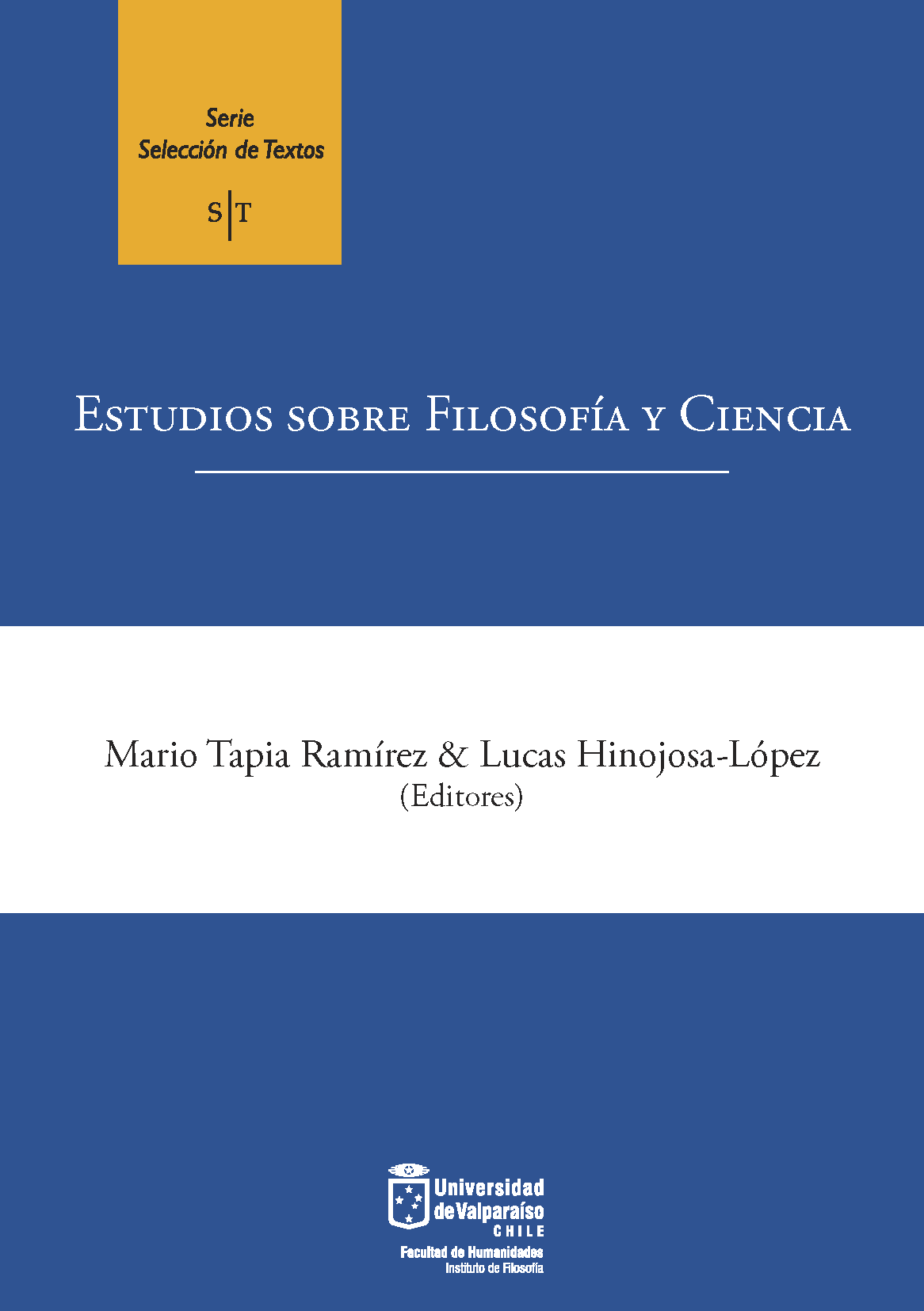Tiempo relacional: bases para una ontología científica minimalista
DOI:
https://doi.org/10.22370/sst.2025.10.4907Keywords:
becoming, change, properties, stateAbstract
The aim of this article is to defend the relational conception of time, arguing that it enables the establishment of a more parsimonious scientific ontology compared to substantivalist theory. To support this thesis, a minimal ontology is developed through an axiomatic approach, which provides the foundations for formulating a scientific ontology in which time is not considered an entity. The analysis begins with the characterization of existing entities, which form the core of relationism, and introduces the notions of mutability, properties, and state. Subsequently, the concept of change is examined, linking it to the idea of becoming. Finally, the concepts of causality and modality are explored, along with their role within the framework of a relational ontology of time.
Downloads
References
Armstrong, David Malet. (1983). What is a Law of Nature?. Cambridge Philosophy Classics.
Barbour, Julian B. & Bertotti, Bruno. (1982). Mach’s principle and the structure of dynamical theories. Proceedings of the Royal Society London, pp. 295-306.
Barbour, Julian B. (1982). Relational concepts of space and time. British Journal for the Philosophy of Science, 33 (3), pp. 251-274.
Barbour, Julian B. (1986). Leibnizian time, Machian dynamics and quantum gravity. En Roger Penrose & C. J. Isham (eds.) Quantum concepts in space and time, pp. 236-246. New York: Oxford University Press.
Barbour, Julian B. (1999). The End of Time: The Next Revolution in Physics. Weidenfeld & Nicholson.
Bird, Alexander. (2007). Nature’s metaphysics: laws and properties. Clarendon.
Boecio, Severino Anicio Manilo. (2018). La consolación de la filosofía. Madrid: Editorial Verbum.
Bunge, M. & Máynez, A.G. (1976). A relational theory of physical space. Int J Theor Phys 15 , pp. 961–972. https://doi.org/10.1007/BF01807716
Bunge, Mario. (1977). Ontología I: El Moblaje del Mundo: Volumen III. Tratado de Filosofía. Barcelona: Editorial Gedisa.
Bunge, Mario. (1997). La causalidad: el principio de causalidad en la ciencia moderna. Buenos Aires: Editorial Sudamericana.
Copleston, Frederick. (1969). Historia de la Filosofía Vol.1 Grecia y Roma. Barcelona: Editorial Ariel.
Davidson, Donald. (1995). Causal Relations. Essays on Actions and Events, pp. 149-162.
de Aquino, Tomás. (1988). Suma de Teología. Madrid: Biblioteca de Autores Cristianos.
de Hipona, Agustín. (2010). Confesiones. Madrid: Editorial Gredos.
Hawley, Katherine. (2009). Metaphysics and Relativity. En Robin Le Poidevin, Peter Simons, Andrew McGonigal, Ross P. Cameron (eds.) The Routledge Companion to Metaphysics, pp. 507-516. New York: Routledge.
Kim, Jaegwon. (1993). Supervenience and mind. Cambridge University Press.
Leibniz, Gottfried. (1956). Philosophical Papers and Letters. Chicago: University of Chicago Press.
Lewis, David. (1986). Philosophical Papers vol. II. Oxford University Press.
Lewis, David. (1994). Humean Supervenience Debugged. Mind 103, pp. 473-490.
Newton, Isaac. (2004). The Principia. En Andrew Janiak (ed.) Philosophical Writings, pp. 40-93. Cambridge University Press.
Rovelli, Carlo. (2018). El orden del tiempo. Anagrama.
Russell, Bertrand. (2001). Sobre la noción de causa. Misticismo y Lógica, pp. 247-284. Editorial Edhasa.
Downloads
Published
How to Cite
Issue
Section
License

This work is licensed under a Creative Commons Attribution-NonCommercial-NoDerivatives 4.0 International License.

